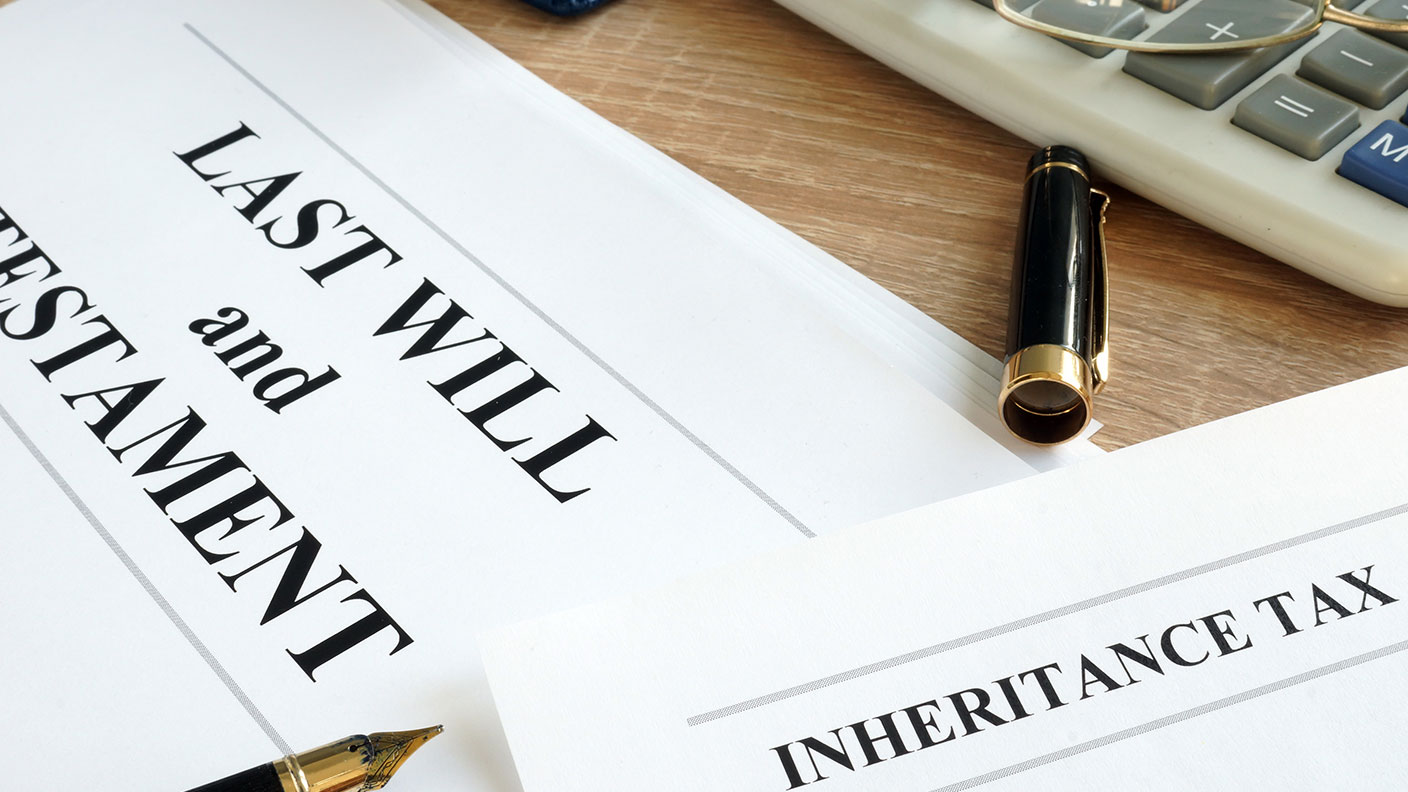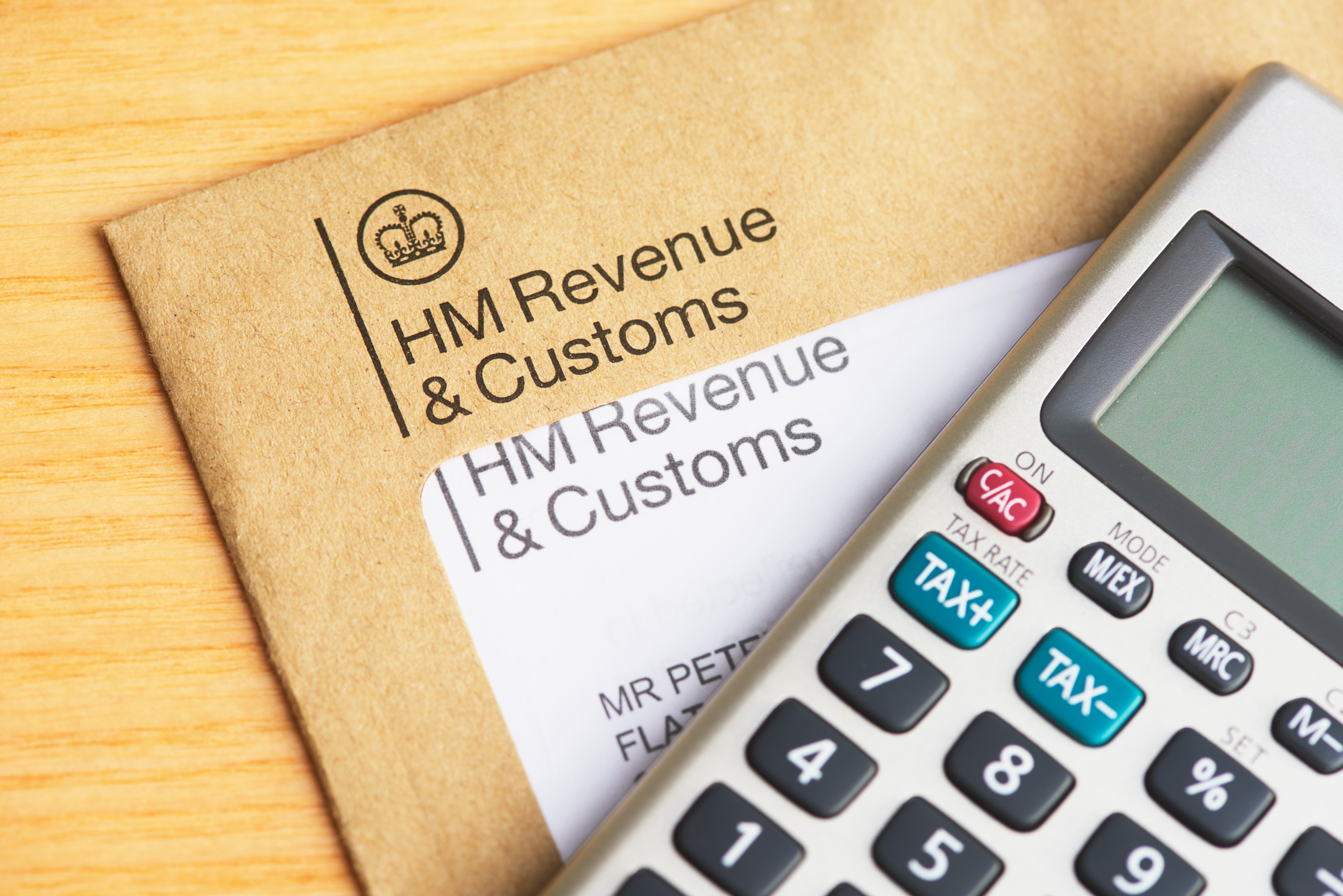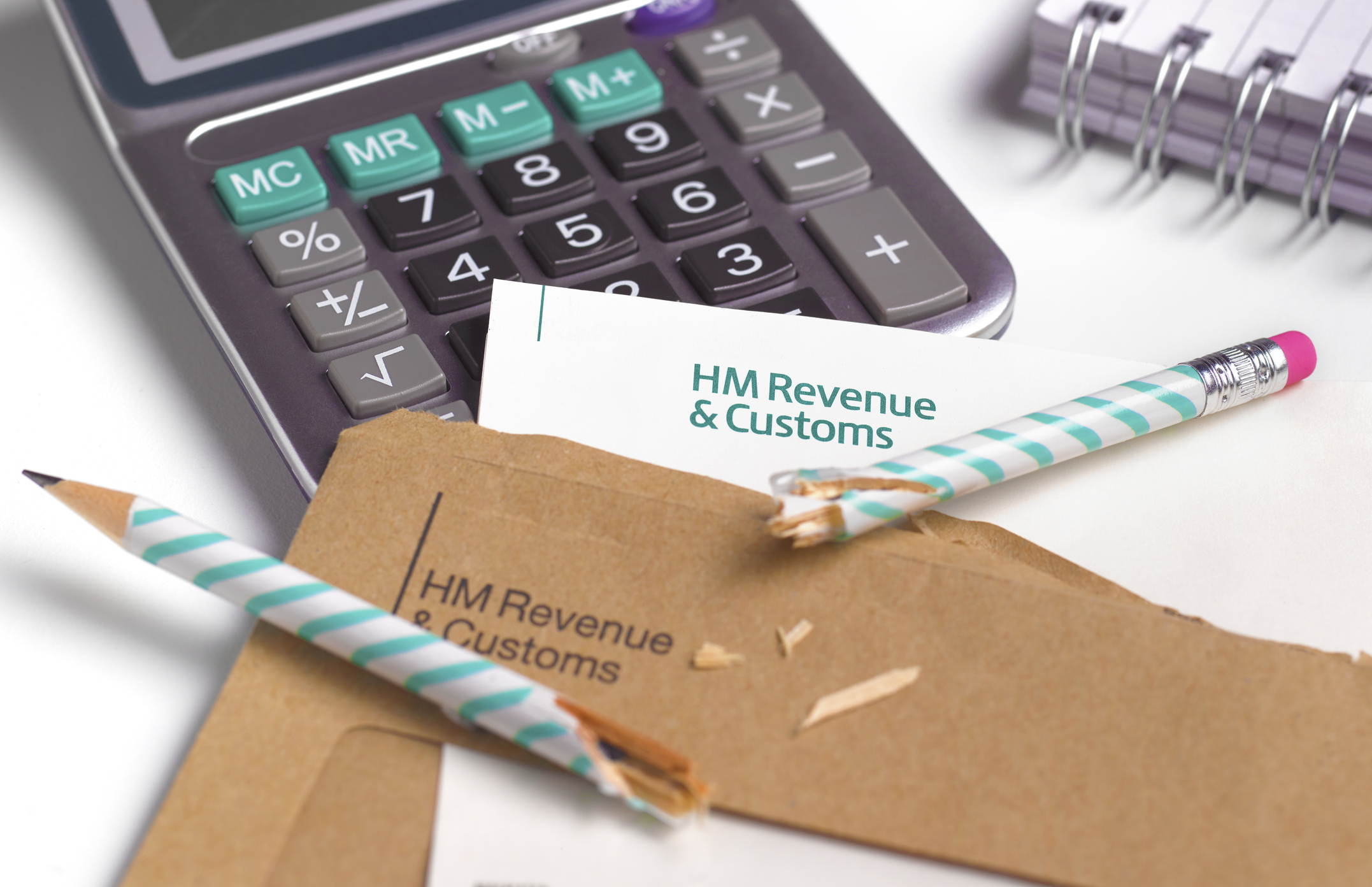Inheritance tax bills are set to rise – will you be caught out?
The number of people who actually pay inheritance tax is very small. But more and more estates are set to be dragged into its net, says David Prosser. And that could include you.


Get the latest financial news, insights and expert analysis from our award-winning MoneyWeek team, to help you understand what really matters when it comes to your finances.
You are now subscribed
Your newsletter sign-up was successful
Want to add more newsletters?

Twice daily
MoneyWeek
Get the latest financial news, insights and expert analysis from our award-winning MoneyWeek team, to help you understand what really matters when it comes to your finances.

Four times a week
Look After My Bills
Sign up to our free money-saving newsletter, filled with the latest news and expert advice to help you find the best tips and deals for managing your bills. Start saving today!
For most people worrying about inheritance tax (IHT), property is the single biggest issue.
The value of the average home in the UK has risen by 53% since April 2009 according to Nationwide Building Society – and by more than 90% in some parts of the country. That date is significant because it’s the last time that the nil-rate band for inheritance tax was increased.
In short, during a period when the value of the average property has risen from £152,000 to £231,000, the nil-rate band, which governs the value of estates that can be passed on free of tax, has remained stuck at £325,000.
MoneyWeek
Subscribe to MoneyWeek today and get your first six magazine issues absolutely FREE

Sign up to Money Morning
Don't miss the latest investment and personal finances news, market analysis, plus money-saving tips with our free twice-daily newsletter
Don't miss the latest investment and personal finances news, market analysis, plus money-saving tips with our free twice-daily newsletter
So people who a decade ago would never have come close to hitting the threshold may well now find themselves squarely within it – particularly those who live in regions of the UK where house prices are particularly high.
And this is only likely to affect more people as prices keep rising while the threshold stays right where it is.
The good news – there’s a special allowance for the family home
One problem with property is that not only is it likely to account for a large chunk of your wealth, it can be hard to do anything about. While you may be able to reduce the value of your estate by giving away more liquid assets, your home poses more challenges.
As well as a house being illiquid (in other words, it takes time to sell), many people naturally have a strong emotional connection to their family home. They may be reluctant to sell up while they are still alive, even if this makes sense for inheritance tax planning purposes. Their heirs may not wish to sell up either, but end up with no choice if a large tax bill looms.
However, it’s not all bad news. While the nil-rate band (after which inheritance tax is due at 40% – see my previous article on this) will stay at £325,000 until at least the 2025-26 tax year, the David Cameron government introduced an additional inheritance tax allowance for the family home, which was implemented in stages between 2017 and 2020.
This “main residence nil-rate band” kicks in if you are passing your home to a direct descendent. It gives you an extra £175,000 inheritance tax-free allowance. In practice, this means that the inheritance tax threshold for most people is now £500,000, as long as at least £175,000 of the value of their estate comes from their family home.
Couples get a joint allowance. As a result, they can leave estates worth up to £1m to their heirs with no inheritance tax liability, as long as £350,000 of that value comes from their home.
There are some important caveats to bear in mind. First, you only get the main residence allowance if you are leaving your home to your children or grandchildren (including stepchildren, adopted children and foster children). Nieces and nephews, for example, do not qualify as direct descendants; nor do friends.
Also, special rules apply on estates worth more than £2m. For each £2 that your estate is worth above this threshold, you lose £1 of the main residence nil rate band. So if your estate is worth more than £2.35m, your heirs won’t benefit from any of this extra allowance.
The main residence nil-rate band applies to only one home. It must be included in your estate – not held in a trust - and you need to have lived in it at some stage in your life. But it does not have to be the property you were living in at the time of your death, or to have been owned for a minimum period. And if you own more than one home that qualifies for the allowance, the executor of your estate can nominate which one should be used.
Other minimisation methods to consider
When George Osborne, the chancellor at the time, announced the main residence nil rate band in the summer of 2015, he said it would “take the family home out of inheritance tax for all but the wealthiest”. And the change has certainly had a discernible effect: the number of estates on which inheritance tax is payable and the Treasury’s receipts from the tax both began to fall as the allowance was phased in.
However, the trend is likely to be temporary. With house prices continuing to rise – and no plans for increased inheritance tax thresholds before 2026-2027 at the earliest – more estates will inevitably breach the nil-rate bands even after taking the additional property allowance into account. In more expensive parts of the country for housing, many properties are already caught.
Families worried about this issue may need to take specialist advice on how to mitigate a future inheritance tax bill. There are several options, but the inflexibility of property can pose challenges. You can give your home away, for example, but if you continue living in it and do not pay a commercial rent, you will be deemed to have retained ownership for inheritance tax purposes.
Trusts can be useful ways to manage property more tax efficiently, but these are expensive and come with upfront inheritance tax levies. STEP, the trade body for specialists in estate planning, including lawyers and accountants, can put you in touch with advisers in your area.
Other options include equity release plans, which allow you to borrow against the value of your home without having to make repayments during your lifetime – thus reducing the size of your estate by the outstanding debt. But take professional advice before making such an arrangement.
This is the second part of our series on inheritance tax. For the full report and more, subscribe to MoneyWeek magazine and get your first six issues free – sign up here today.
Get the latest financial news, insights and expert analysis from our award-winning MoneyWeek team, to help you understand what really matters when it comes to your finances.

David Prosser is a regular MoneyWeek columnist, writing on small business and entrepreneurship, as well as pensions and other forms of tax-efficient savings and investments. David has been a financial journalist for almost 30 years, specialising initially in personal finance, and then in broader business coverage. He has worked for national newspaper groups including The Financial Times, The Guardian and Observer, Express Newspapers and, most recently, The Independent, where he served for more than three years as business editor.
-
 Should you buy an active ETF?
Should you buy an active ETF?ETFs are often mischaracterised as passive products, but they can be a convenient way to add active management to your portfolio
-
 Power up your pension before 5 April – easy ways to save before the tax year end
Power up your pension before 5 April – easy ways to save before the tax year endWith the end of the tax year looming, pension savers currently have a window to review and maximise what’s going into their retirement funds – we look at how
-
 Two million taxpayers to be hit by £100k tax trap by 2026/27
Two million taxpayers to be hit by £100k tax trap by 2026/27Frozen thresholds mean more people than ever are set to pay an effective income tax rate of 60% as their earnings increase beyond £100,000. We look at why, as well as how you can avoid being caught in the trap.
-
 13 tax changes in 2026 – which taxes are going up?
13 tax changes in 2026 – which taxes are going up?As 2026 gets underway, we look at what lies ahead in terms of changes to tax rates and allowances this year and how it will affect you.
-
 How to limit how much of your Christmas bonus goes to the taxman
How to limit how much of your Christmas bonus goes to the taxmanIt's Christmas bonus season but the boosted pay packet may mean much of your hard-earned reward ends up with HMRC instead of in your pocket
-
 Over 1 million pay 45% rate of income tax as fiscal drag bites
Over 1 million pay 45% rate of income tax as fiscal drag bitesHundreds of thousands more people are being pushed into the additional rate tax band by fiscal drag
-
 'I've used my annual ISA allowance. How can I shield my savings from tax?'
'I've used my annual ISA allowance. How can I shield my savings from tax?'As millions face paying tax on savings interest, we explore how to protect your money from the taxman. If you've used up your ISA allowance, we look at the other tax-efficient options.
-
 Simple assessment explained as millions brace for unexpected tax bills
Simple assessment explained as millions brace for unexpected tax billsIncreasing numbers of people could get letters from HMRC saying they owe more tax due to frozen thresholds, under a system known as simple assessment. Here is what it means for you.
-
 What are wealth taxes and would they work in Britain?
What are wealth taxes and would they work in Britain?The Treasury is short of cash and mulling over how it can get its hands on more money to plug the gap. Could wealth taxes do the trick?
-
 When is the self-assessment tax return deadline?
When is the self-assessment tax return deadline?If you are self-employed, rent out a property or earn income from savings or investments, you may need to complete a self-assessment tax return. We run through the deadlines you need to know about